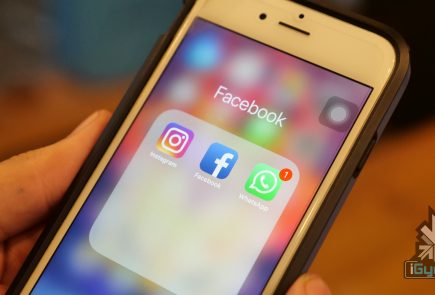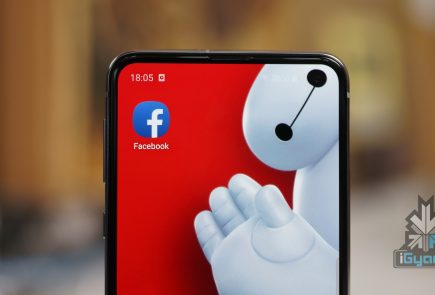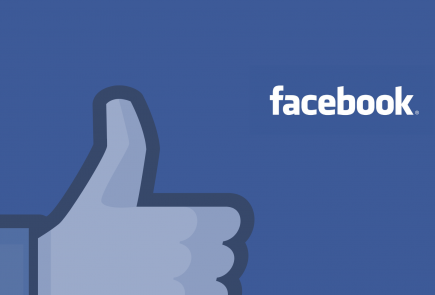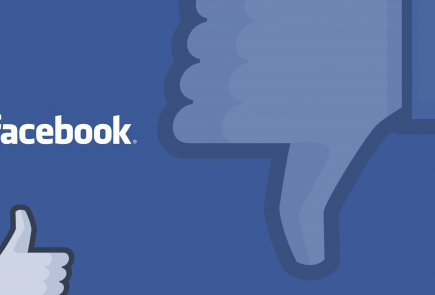Facebook To Launch Standalone Video Streaming App Called ‘Watch’
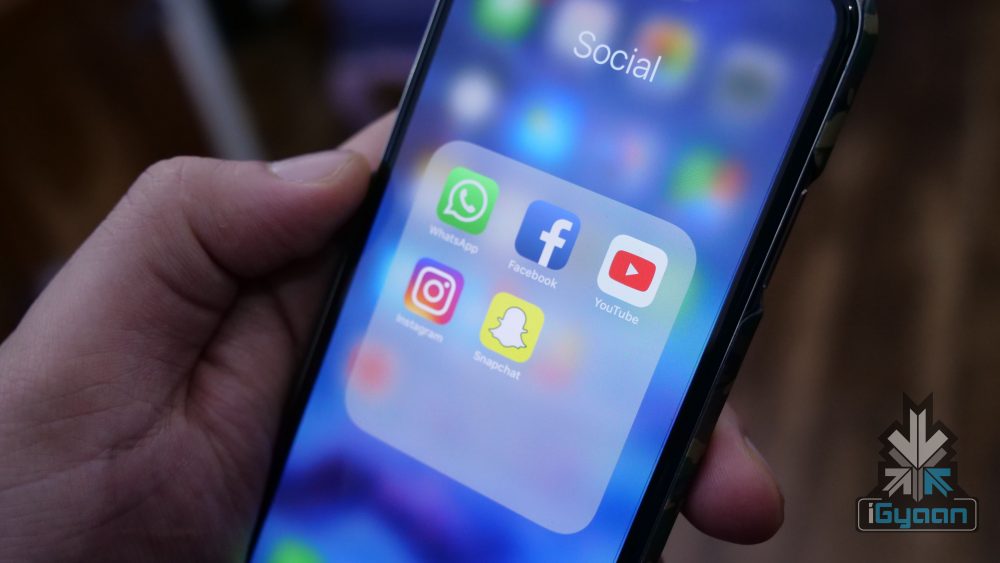
Most people’s answer to ‘Where do you watch videos on the internet?’ would ‘YouTube, of course!’. Over the years, it has dominated the video consumption space on the internet because it has artists who create content that is only accessible on YouTube and nowhere else. The visual format of content consumption has become so huge that even Apple is planning to launch a subscription-based video streaming service in the coming years. Thanks to the increased accessibility and relatively cheaper fare of the internet over the world, services like Netflix and Amazon Prime Video have become successful as well.
If you are an avid Facebook user, you come across all kinds of videos on your timeline every few seconds. It can be a funny 15-second 9GAG video or a VICE clip about cooking Christmas dinner in a dumpster. For several years, videos have been a focus for Facebook and the company might be taking an important step towards making videos its one of the most important business aspects.
Facebook will be launching Watch, a standalone video streaming app which will compete with the likes of YouTube and Netflix.
What is Watch?
Facebook Watch is already available as a beta version within the Facebook app in the US and will soon make its global debut. It is a video streaming app which will blend in Facebook’s other services like Messenger and WhatsApp.
According to our sources, Facebook is working on making Watch a standalone app to launch in Q1-Q2 2018
Watch includes features like a “discovery” page that recommends new content, a dedicated feed for comments and reactions to videos, show-specific Facebook groups, and new Watch pages. For creators and publishers, Watch is presented as a platform to help them build an audience of passionate fans and make money from their work.

Any creator that is a part of Facebook Mentions, will be automatically eligible to use the app. Facebook Mentions is a platform that lets all sorts of public personalities to engage with their fans.
The Facebook Watch app will have a new set of tools which is called Live Creative Kit. These tools will essentially help creators produce more professional streams. To create more fun and engaging content, the Watch app will let users add custom video intros and outros to broadcasts. Even the viewers can feel like a part of fandom by using custom stickers.
One-fifth of videos on Facebook are live videos, which is one of the important statistics and around which, a lot of the features of Facebook Watch are created. For example, users can add frames to their broadcasts in order to create a thematic experience that’s consistent with their brand perception.
Why Watch Has The Potential To Surpass YouTube
As of now, YouTube is the largest video streaming platform in the world and has been for a long time. Many services came and couldn’t survive the magnitude of competition that is required the ruffle the feathers of YouTube. Facebook Watch, however, will be different. It is a common term to hear that ‘Facebook is crushing Snapchat by copying features that Snapchat brought to the fore’. It is true, Snapchat has not been able to deal with Facebook’s constant adaption of Snapchat’s own features because at any given point, Facebook has much more active users than Snapchat. Also, Facebook adapts and responds quickly.
Making speed a priority has allowed Facebook to build products and features that allow it to outpace competitors and perfect user experiences. This is part of the reason why Facebook-owned properties like Facebook, Messenger, Instagram, and WhatsApp account for 21.8% of the total time that the average consumer spends on their mobile phones.
To become the biggest video content consumption platform, Facebook needs video content, and reports claim that it has taken a drastic step to ensure that creators jump on board as soon as possible and has started paying for original content. According to The Wall Street Journal, Facebook “is taking the risk out of the content-creation endeavour for many publishers, either by paying to offset their production costs or offering to license or buy their content outright.”
This means that Facebook will be able to generate exclusive content quicker by allowing creators to work freely without thinking of the monetary repercussions of content creation. Already, many creators on YouTube have had a fall-out with YouTube due to the monetization guidelines and with the lucrative offer from Facebook, famous content creators might be persuaded into changing their allegiance. Evidently, all the famous creators on YouTube have a strong presence on other social media platforms hence, the transition might not be as hard as people might imagine.
Furthermore, with the creators on board, Facebook will need advertisers to generate the revenue. While Facebook is becoming increasingly profitable, speculators believe YouTube is now barely breaking even on ad revenue. Facebook has even started monetizing videos that are directly uploaded to its platform.
This focus on video has already resulted in native Facebook video uploads getting 10 times more shares than YouTube uploads. Following Facebook’s initial emphasis on video, there has been a 50 percent increase in uploads to Facebook by brands over the past three years.
Lastly, there is no denying that Facebook has the audience for pulling off the unthinkable and surpass YouTube as the biggest video streaming platform. In 2016, Zuckerberg disclosed that the average person spent 50 minutes a day on Facebook’s platforms (not counting WhatsApp). Users in the U.S. spent an average of 35 minutes per day on Facebook, compared to YouTube with 17 minutes. In addition to higher time on site, Facebook has more users than YouTube, with more than two billion users vs YouTube’s 1.5 billion.
Conclusion
Facebook owns entities like Instagram, WhatsApp and Messenger. Integrating a video streaming platform with other popular social media outlets would mean that a consumer would never leave the ecosystem created by Facebook. After dominating the social media sphere for so many years, Facebook, an internet organisation, has the resources to replicate the same success in the world of video streaming as well. To believe that YouTube will disappear is incredibly naive. Instead, it will likely become marginalised, much in the same way Snapchat and Twitter now have to deal with the popularity of Facebook and survive in its shadow.
With increasing disdain among creators on YouTube and a lucrative offer from Facebook to all the popular content creators, Facebook has the perfect product to be the biggest video consumption platform in the world.
















